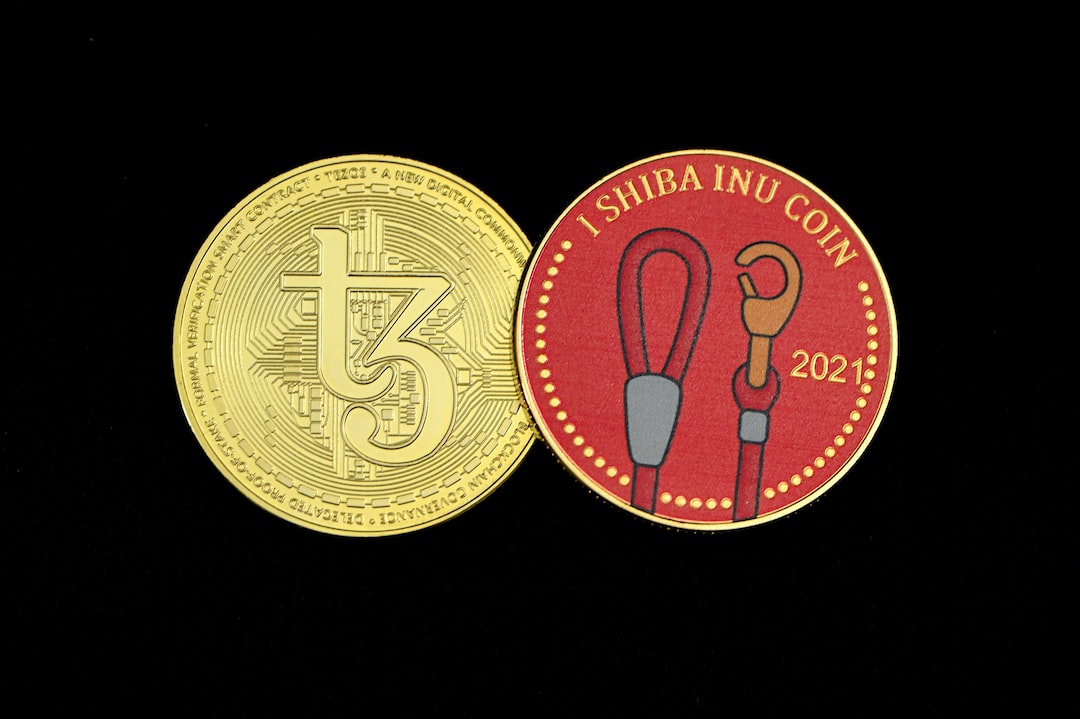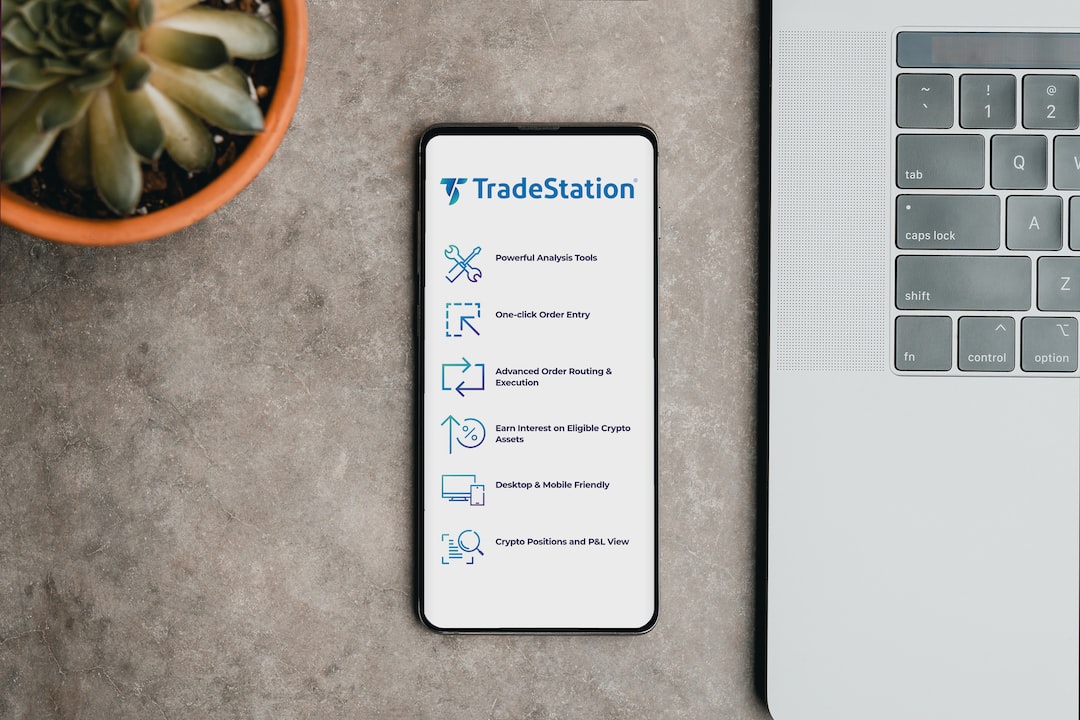The Role of Regulations in Crypto Exchange Operations
Welcome to the world of cryptocurrencies! As you delve deeper into this digital landscape, it’s important to understand the crucial role regulations play in the operations of crypto exchanges. While the decentralized nature of cryptocurrencies offers a certain level of freedom, regulations ensure that exchanges operate in a transparent and secure manner. In this article, we will explore why regulations are necessary, the benefits they bring to the table, and how they impact your experience as a cryptocurrency user.
Why are regulations necessary?
Regulations exist to protect you and maintain the integrity of the financial system. Cryptocurrencies may have originated from a desire to decentralize power, but without appropriate regulations, the market could become a breeding ground for scams, fraud, and money laundering.
By implementing regulations, governments and regulatory bodies aim to create a structured framework that promotes healthy growth and protects investors. These regulations help ensure that both exchanges and users are held accountable for their actions, minimizing the risks associated with the crypto market.
Benefits of regulations in crypto exchanges
Now that you understand the need for regulations, let’s dive into some of the benefits they offer:
1. Enhanced security
Regulated exchanges are required to implement robust security measures. This includes practices like two-factor authentication, cold storage, and regular security audits. These measures provide you with peace of mind, knowing that your funds are held in a secure environment.
2. Investor protection
Regulations help prevent market manipulation and fraudulent activities. Exchanges are required to perform due diligence, verifying the identity of users, and conducting know-your-customer (KYC) checks. Additionally, regulated exchanges provide dispute resolution mechanisms, ensuring that you have a channel to seek recourse in case of any issues.
3. Financial stability
With regulations in place, exchanges are subject to regular audits and financial reporting. This provides transparency and allows regulators to assess an exchange’s financial health, ensuring that it operates in a sustainable manner. By promoting financial stability, regulations decrease the likelihood of sudden collapses or hacks that could result in significant losses for users like yourself.
How do regulations impact you as a cryptocurrency user?
As a user of crypto exchanges, regulations affect you in several ways:
1. User verification
Regulated exchanges require you to submit identification documents and complete a KYC process. While this may seem intrusive, it is done to ensure that you are not engaged in illicit activities and to protect the exchange’s reputation. By complying with these requirements, you contribute to a safer ecosystem and the overall legitimacy of cryptocurrencies.
2. Compliance with transaction limits
Regulations often impose transaction limits, both on deposits and withdrawals. These limits are in place to prevent money laundering and other illegal activities. By adhering to these limits, you actively support the fight against financial crime and maintain the integrity of the crypto market.
3. Clearer legal recourse
In the event of a dispute or issue, regulated exchanges offer you clearer legal recourse. By operating within a regulated environment, exchanges must follow specific protocols to handle complaints and resolve conflicts. This ensures that you have a higher level of protection and can seek legal remedies if necessary.
Frequently Asked Questions (FAQs)
Q: Are all crypto exchanges regulated?
A: No, not all crypto exchanges are regulated. It’s important to conduct thorough research and only use exchanges that operate within a regulatory framework to ensure your funds’ safety.
Q: How can I identify a regulated crypto exchange?
A: Regulated crypto exchanges typically display their licenses or regulatory compliance information prominently on their websites. Look for exchanges that are licensed by reputable financial authorities.
Q: Do regulations stifle innovation in the crypto space?
A: While regulations add an extra layer of compliance, they are designed to bring stability and protect investors. Properly implemented regulations can foster innovation within a secure and transparent framework.
Q: What should I do if an exchange is not regulated?
A: If an exchange is not regulated, it is advisable to exercise caution and consider alternative options. Unregulated exchanges may pose higher risks, and you may have limited recourse in case of any issues.
Congratulations! You now have a better understanding of the significant role that regulations play in the operations of crypto exchanges. By adhering to regulatory requirements and using regulated exchanges, you can enjoy a safer and more secure cryptocurrency journey.





 By
By
 By
By


 By
By
 By
By